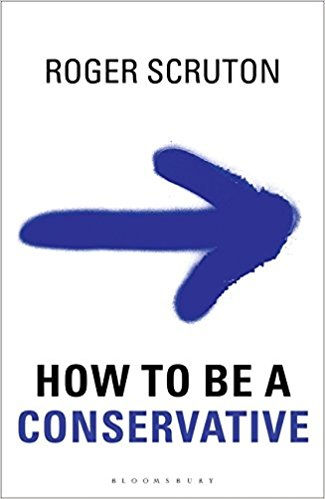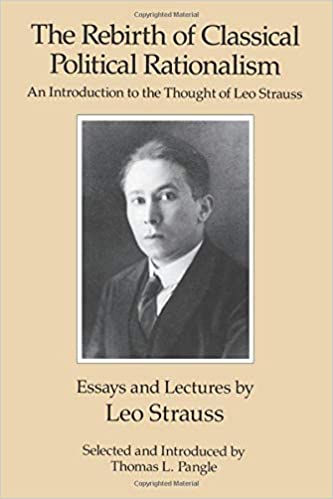Resources: Books: Foundations of Conservative Thought
- Josh Lewis
- Feb 7, 2020
- 3 min read
Updated: Jul 11, 2021

What makes me the expert on conservatism, you ask? I’m certainly not claiming to be an expert. But I do read the experts and strive to faithfully translate their writings into blog posts and podcasts for contemporary eyes and ears. If you'd prefer to go straight to the source material there are plenty of books I highly recommend from the actual "experts".
In this post, you will find links to books introducing conservatism that attempt to describe the true essence and foundation of the conservative worldview.
Just what is conservatism? Many people are groping for answers, especially as conservatives seem to retreat into factions—Tea Partiers, traditionalists, libertarians, social conservatives, neoconservatives, and on and on. But this illuminating book shows what unites conservatives even as it explores conservatism’s rich internal debate.
Edited by Frank S. Meyer, who popularized the idea of “fusionism” that became the basis for modern conservatism, What Is Conservatism? features brilliant essays by such leading lights as Hayek, Buckley, Kirk, Evans, and many more.
Renowned philosopher sir Roger Scruton draws on his own experience as a counter-culture presence in public life to explain conservatism in a skeptical age. With soft left-liberalism as the dominant force in Western politics, what can conservatives now contribute to public debate that will not be dismissed as pure nostalgia? In this highly personal and witty book, Scruton explains how to live as a conservative in spite of the pressures to exist otherwise. Scruton argues that while humanity might survive in the absence of the conservative outlook, it certainly won't flourish. How to be a Conservative is not only a blueprint for modern conservatism. It is a heartfelt appeal on behalf of old fashioned decencies and values, which are the bedrock of our weakened, but still enduring civilization.
In The Great Debate, Yuval Levin explores the roots of the left/right political divide in America by examining the views of the men who best represented each side at its origin: Edmund Burke and Thomas Paine. Striving to forge a new political path in the tumultuous age of the American and French revolutions, these two ideological titans sparred over moral and philosophical questions about the nature of political life and the best approach to social change: radical and swift, or gradual and incremental. The division they articulated continues to shape our political life today.
Essential reading for anyone seeking to understand the basis of our political order and Washington's acrimonious rifts today, The Great Debate offers a profound examination of what conservatism, progressivism, and the debate between them truly amount to.
More than twenty years ago a maverick political scientist named Willmoore Kendall predicted the triumph of conservatism. Upon the 1963 publication of Kendall's The Conservative Affirmation, his former Yale student William F. Buckley, Jr. called him "one of the most superb and original political analysts of the 20th century," but even Buckley shook his head at what appeared to be Kendall's "baffling optimism."
During the 60's, Kendall stood apart from the mainstream conservative movement which he accused of being anti-populist and of "storming American public opinion from without" by wrongly assuming that the American people were essentially corrupt and "always ready to sell their votes to the highest bidder." Kendall believed that Americans would come to actively realize the conservatism which they had always actually lived. Seventeen years after his death in 1967, Kendall's predictions come to fruition.
Over the past twenty years, Roger Scruton has been developing a conservative view of human beings, society and culture. In the book his arguments are recommendations with the aim of convincing the reader that rumors of the death of Western civilization are greatly exaggerated. Much of our present self doubt, argues Scruton, is brought about by the Darwinian theory of evolution. Darwin encourages us to see human emotion as a reproductive strategy. This is a perspective which Scruton attacks vehemently especially in its modern proponents--Desmond Morris and Richard Dawkins. This the author believes undermines the belief in freedom and the moral imperatives that stem from it.
This concise and accessible introduction to Strauss's thought provides, for wider audience, a bridge to his more complex theoretical work. Editor Pangle has gathered five of Strauss's previously unpublished lectures and five hard-to-find published writings and has arranged them so as to demonstrate the systematic progression of the major themes that underlay Strauss's mature work.










Comments